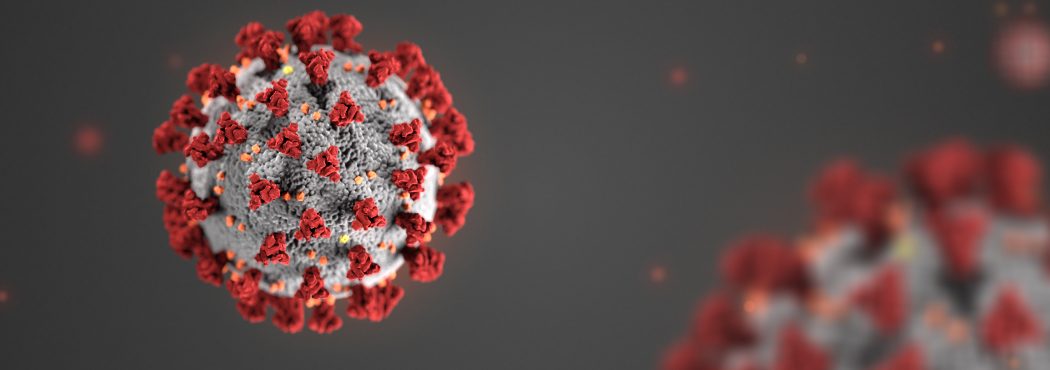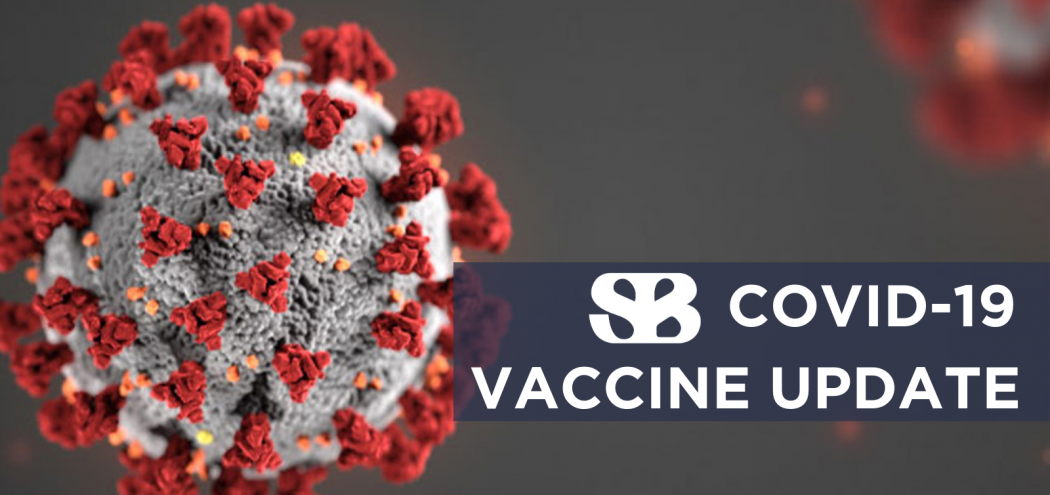
SPINA BIFIDA ASSOCIATION UPDATE ON COVID-19 – December 2020
Timothy J. Brei, MD, FAAP
Medical Director, Spina Bifida Association
Brad Dicianno, MD
This update provides some of the latest information to help keep people with Spina Bifida and their loved ones healthy.
To the Spina Bifida Community:
COVID infection in persons with developmental disabilities or birth defects
In the last week, the United States has seen its worst increase in COVID reported cases and deaths since the start of the pandemic. To date, over 15,000,000 people in the US have contracted COVID-19. That number is likely much higher, since it is known that people may be infected with the virus but not have symptoms.
The Centers for Disease Control and Prevention (CDC) has identified categories of people who may be at increased risk of dying from COVID-19 infection since the early days of the pandemic; however little is known about risks of COVID infection to people with developmental disabilities or birth defects.
An article was recently published in the New York Times based on a privately funded, recently published paper discussing the likelihood of individuals with developmental disabilities, intellectual disabilities or congenital anomalies to die of COVID.
In this study, males, older adults and those with co-existing conditions or developmental disabilities/ intellectual disability / congenital abnormalities had higher rates of death from COVID. Those with COVID-19 and Developmental disorders were 3.06 times more likely to die of COVID than patients who had COVID but not developmental disorders. Those with intellectual disabilities and related conditions were 2.75 times more likely to die of COVID than patients who had COVID but not intellectual disabilities.
This study also included a small number of individuals with Spina Bifida. Those with COVID and Spina Bifida or other congenital anomalies of the nervous system were 2.48 times more likely to die of COVID than those who had COVID but no congenital abnormalities or Spina Bifida.
While these results are concerning, there are a number of factors to keep in mind from this report:
- This study was done looking at people who are privately insured and the number of people with SB was small; so, data are not likely to be representative of the SB population at large.
- This study was not peer-reviewed or published in a scientific journal, so there was no ability to provide comments or critique before publication
- Information about the age of people with Spina Bifida and the presence of other potential risk factors, such as obesity, high blood pressure, heart disease, kidney disease, and other risk factors, was not provided. So it is not clear that having Spina Bifida itself is truly a risk factor.
Long-term symptoms after COVID infection
Although most people who become infected with COVID-19, recover, evidence indicates that some symptoms after COVID infection may persist for weeks to even months. This has not just been reported in hospitalized patients or older patients who recovered, but has also been reported to happen in young adults (20s and 30s) who had no preexisting conditions and did not require hospitalization.
Though there is limited information on late sequelae of COVID-19, reports of persistent symptoms in persons who recovered from acute COVID-19 illness have emerged. The most commonly reported symptoms include fatigue, shortness of breath, cough, joint or muscle aches, and chest pain. Other reported symptoms include cognitive impairment, depression, headache, fever, and palpitations (feeling that your heart is beating fast fluttering or pounding)
More serious complications appear to be less common but have been reported. These complications include:
- Cardiovascular: Inflammation of the heart, heart failure , blood clots
- Respiratory: pulmonary function abnormalities
- Renal: acute kidney injury
- Dermatologic: rash, hair loss
- Neurological: loss of taste and smell, sleep dysregulation, altered cognition, memory impairment, strokes
- Psychiatric: depression, anxiety, changes in mood
What you can do
- The COVID pandemic is very real and very serious. Take it seriously.
- Follow safety recommendations from the CDC. While state regulations currently vary, the CDC’s goal is to keep the entire country safe. Their website is https://www.cdc.gov/coronavirus/2019-ncov/index.html
- Stay at home unless you absolutely need to go out
- If you have to leave your home
- Wear a mask at all times
- Practice social distancing, staying at least 6 feet from other people
- Wash your hands with soap and water or hand sanitizer frequently
- Avoid places such as restaurants, gyms, etc.
- The best gift you may be able to give this year is ensuring that you and the people you love stay healthy. Spend the holidays only with the people who live with you. Try to avoid getting together with people who don’t live with you, even if they are family.
- Do virtual meals
- Do virtual gift openings
- Find ways to give to people less fortunate than you or to others who may be alone
- Watch the same Holiday movies and be on the phone/ FaceTime while they are aired
Vaccines for COVID-19
In some good news, vaccines against COVID-19 are not just on the horizon but are soon to be available to be distributed. While initial distribution is likely to be limited to front-line health care workers, first responders and people living in long-term care facilities, the Spina Bifida Association, along with other voluntary health care organizations serving the needs of people with disabilities, will be closely monitoring to ensure that people with disabilities, including Spina Bifida are included equitably and appropriately. To some degree, these decisions may not be made at the national level, but at a state and/or local level. So please be diligent in monitoring this information where you live.
Today, the Food and Drug Administration (FDA) approved use of the Pfizer/BioNTECH vaccine. The same vaccine was approved in the United Kingdom (UK) and distribution there began on Tuesday. On Wednesday the Health Service in the UK reported that 2 individuals had allergic reactions requiring treatment. Both of these individuals had a known history of significant allergic reactions with anaphylaxis (facial/ airway swelling leading to significant, emergent breathing difficulties) requiring those individuals to be prescribed an EpiPen auto-injector. The exact allergies they had is not yet reported, but both survived.
We do not have more information about this at present, so we don’t know fully what this means for our community. We will keep you informed as we learn more. But currently, the Spina Bifida Association recommends the following:
- People with Spina Bifida who have had a severe or life-threatening reaction to latex (or something else) and/or have been prescribed EpiPens to have available in case of severe reactions to an allergen, may wish to consider holding on getting this particular vaccine and wait for a vaccine from a different manufacturer. Alternatively, you may wish to talk with your health care provider about getting the vaccine at a place where more emergency support might be available, if needed.
- For people who have not had allergic reactions, but are following latex precautions because of having Spina Bifida, we recommend:
- Getting the vaccine as deemed appropriate when you are recommended to get it
- Ensuring (as with all health care providers) that people giving the vaccine use non-latex gloves
- The product info on the COVID 19 vaccine from Pfizer states that the stopper vials “are not made with natural rubber latex”
- Consult with your health care provider(s) for additional questions
Additional Resources
Recent
SBA launching Florida statewide chapter
